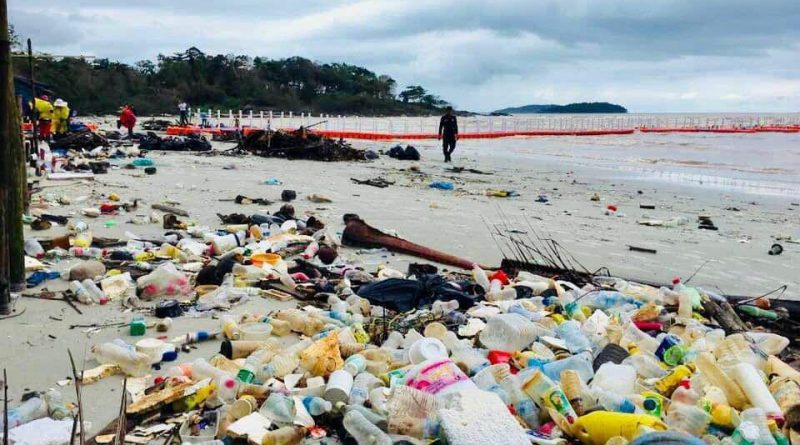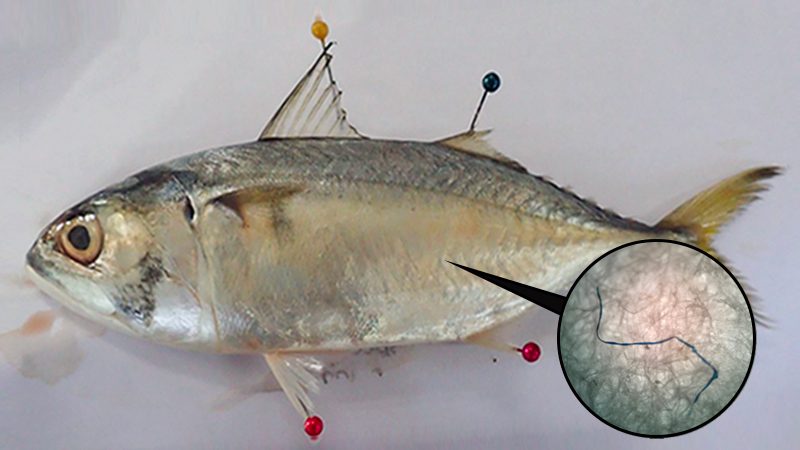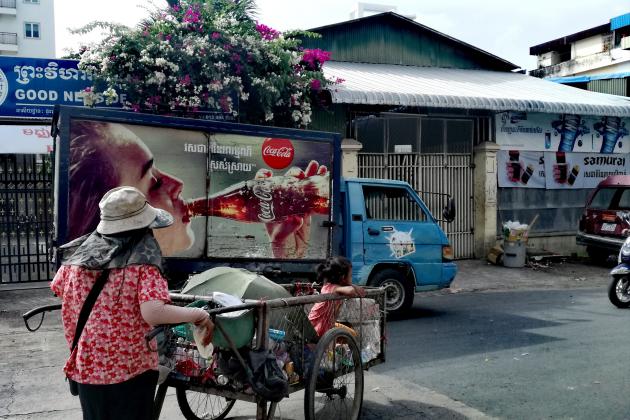*An opinion piece submitted by Clara Shandler, a Canadian citizen currently living in Phnom Penh and volunteering to help protect the environment.
It’s become so common, so normal to see giant piles of garbage all over the city of Phnom Penh. Even outside of the city, garbage by the side of the road is commonplace.
Beyond the horizon, there are floating patches of garbage in each of the oceans. The largest patch is in the Pacifc Ocean, and it is estimated to be nine-times the size of Cambodia.
Nine. Times.

The plastic doesn’t disintegrate, it breaks into smaller and smaller pieces then gets eaten by smaller and smaller fish, birds, and mammals. Tragically, they starve to death with their stomachs full of plastic that they can’t digest. These are the same fish that we want to eat, the same birds and mammals that the entire aquatic ecosystem depends on.

Shouldn’t we stop putting so much garbage into the ocean?
Shouldn’t we stop putting so much garbage on the streets?
We each have an opportunity to be part of the solution.
The best way is to start refusing and reducing unnecessary plastic and garbage in one’s every day life. Bring your own mug/bottle/container for take-away food and drink, use a cloth bag or reuse plastic bags and containers as many times as possible. Consider repairing your belongings when they break, or giving away unwanted items to second-hand shops or NGO’s. Be creative to make waste-free alternatives a part of your life-style.
Stores like Dai Khmer (in TTP1) make soap, shampoo, and household cleaning products in bulk so you can refill your favourite bottle or jar again and again.
Farm to Table (in BKK1) accepts left over food to feed to pigs and collects glass for recycling.
Compost City (find them on Facebook) makes ready-to-use compost systems that can transform your kitchen waste into fertile soil for your garden without creating a bad odour or attracting pests.
Eco Bricks accepts clean and dry plastic packaging to be shredded and transformed into bricks for construction (contact @khecobricks on facebook for a free pick-up).
You can also drop-off your clean and dry plastics at Music Arts School (in TPP1) as they collect plastic on behalf of Eco Bricks.
Street collectors already walk around picking up hard plastic, big pieces of styrofoam, and cardboard to recycle; please consider putting these items in a separate bin or pile so it is easy for them to collect.

This planet is our home, and we share it with many creatures. We have a responsibility to ourselves, to future generations, and to all species to care for our home, planet Earth.
~ Refuse ~ Reduce ~ Reuse ~ Repair ~ Re-Gift ~ Repurpose ~ Recycle ~ Compost!
For more information about the author Clara Shandler, visit www.sidewalkcellist.com or contact her directly at [email protected].
